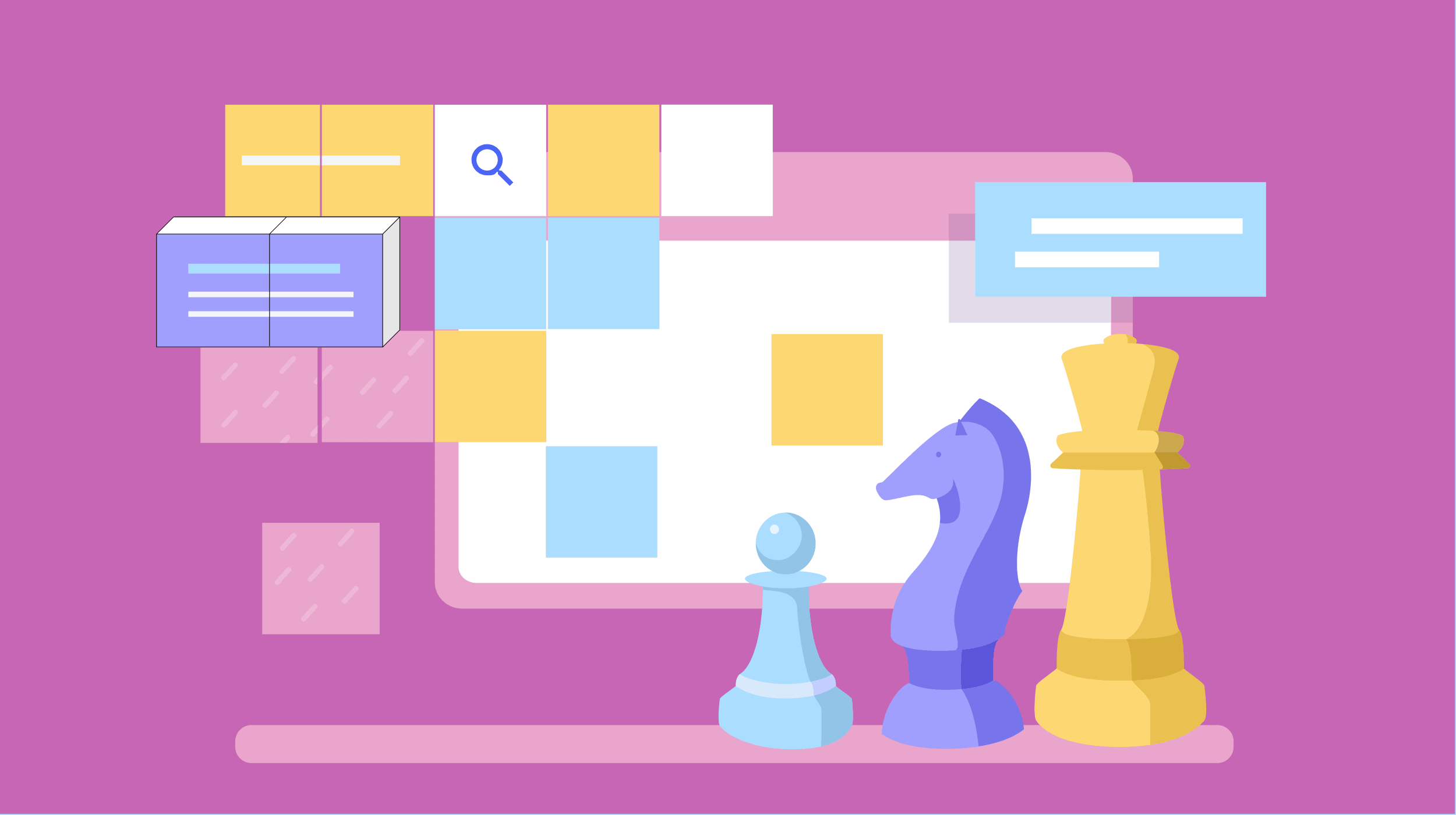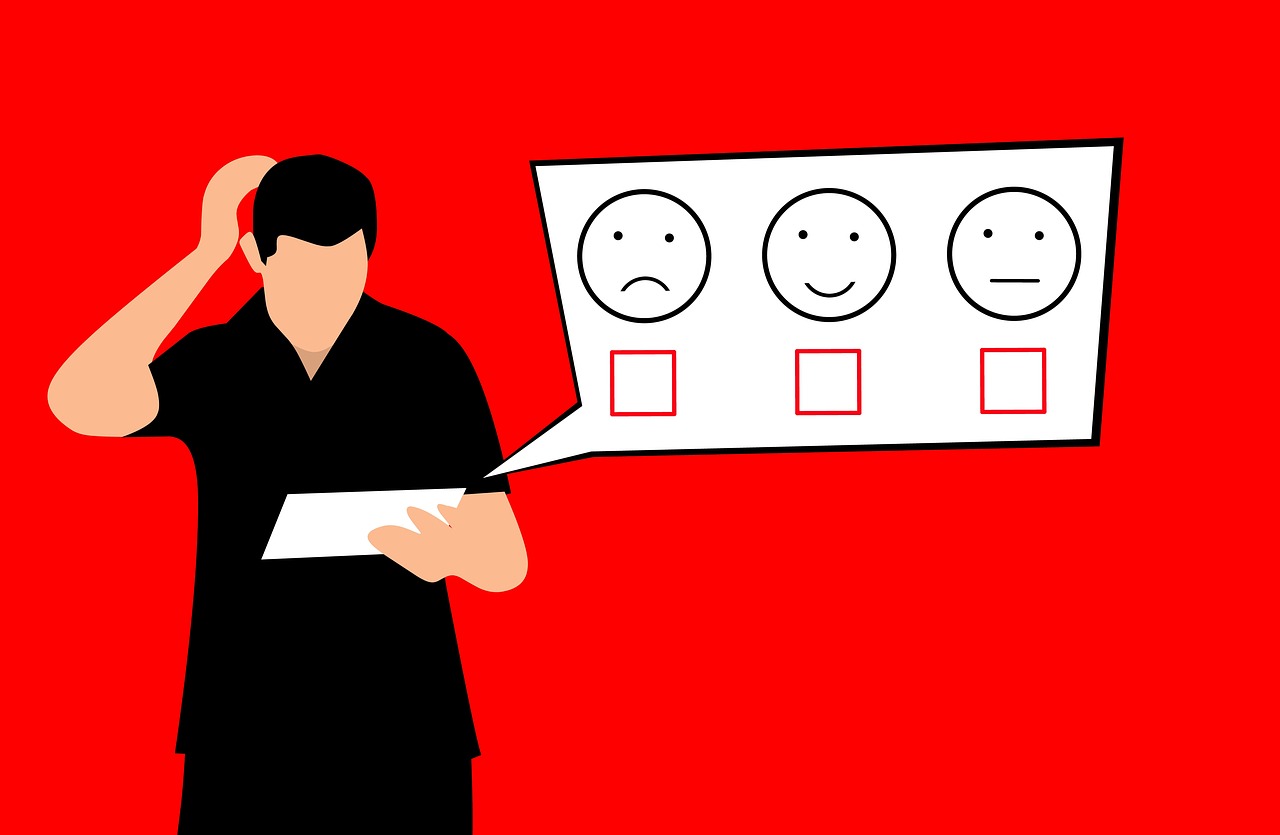10 Ways to Use Minimalism to Stop Procrastinating
In today’s fast-paced world, procrastination has become an all-too-common problem. We find ourselves constantly distracted, overwhelmed by clutter and commitments, and unable to focus on our most important tasks. However, there is a solution that can help us break...


In today’s fast-paced world, procrastination has become an all-too-common problem. We find ourselves constantly distracted, overwhelmed by clutter and commitments, and unable to focus on our most important tasks. However, there is a solution that can help us break free from this cycle of delay and inaction: minimalism. By embracing minimalism, we can simplify our lives, declutter our minds, and regain control over our time and priorities.
Let’s explore 10 practical ways to use minimalism to stop procrastinating and start living a more intentional and productive life.
1. Embrace a Minimalist Mindset
To effectively use minimalism to combat procrastination, we must first adopt a minimalist mindset. This means shifting our focus from material possessions and external validation to what truly matters to us.
By recognizing the value of simplicity and intentionality, we can create a foundation for overcoming procrastination and achieving our goals. I have found that an obsession with material possessions can often create a sense of feeling overwhelmed when you don’t get what you want, which can lead to procrastination.
2. Declutter Your Physical Space
A cluttered physical environment often leads to a cluttered mind. Start by decluttering your living and workspace. Remove unnecessary items and organize what remains. A clean and minimalistic environment will promote focus and productivity, making it easier to tackle tasks without the distractions that contribute to procrastination. I find my work to be the best when my desk and room aren’t cluttered; my mind feels much clearer.
3. Simplify Your Digital Life
Digital clutter can be just as detrimental to productivity as physical clutter. Take the time to declutter your digital devices, such as your computer, phone, and email inbox. Organize files, delete unnecessary apps, and unsubscribe from newsletters that no longer serve you.
By simplifying your digital life, you eliminate distractions and create a more streamlined workflow. There is nothing worse than that feeling where you feel as if all your digital information is scattered and unorganized, it can make getting motivated to do work that little bit harder.
4. Prioritize Your Commitments
Often, procrastination arises from being overwhelmed by numerous commitments. Evaluate your current responsibilities and commitments, both personal and professional. Identify those that align with your priorities and eliminate or delegate those that don’t.
By focusing on what truly matters to you, you can better manage your time and avoid procrastination-inducing overwhelm. Don’t try to engage in multiple different things at one time as this will lead to burnout and then procrastination.
5. Practice Time Blocking
Time blocking is a powerful technique that involves scheduling specific blocks of time for different tasks and activities. By allocating dedicated time slots for important tasks, you create a sense of structure and eliminate the temptation to procrastinate.
Be sure to set realistic deadlines and allow for breaks to maintain focus and prevent burnout. I have found this technique to be particularly useful in my life as it gives me a sense of purpose when I know the activities that I am going to do in a day.
6. Set Clear and Achievable Goals
Procrastination often thrives in the absence of clear goals. Define your objectives in specific and measurable terms. Break them down into smaller, actionable steps to make them more manageable.
By setting clear goals, you provide yourself with a roadmap for success and reduce the likelihood of procrastination. Having that sense of daily direction helps to create motivation and inspiration on a daily basis.
7. Practice Digital Detox
Constant digital distractions can hinder productivity and contribute to procrastination. Regularly disconnect from technology by scheduling digital detox periods. During these breaks, engage in activities that promote relaxation, creativity, and self-reflection.
By giving your mind a chance to recharge, you can approach your tasks with renewed focus and motivation. If you spend all day scrolling or watching YouTube videos, it can become very difficult to engage in some deep work. I speak from experience. Try to disconnect from this digital lifestyle and give your brain a break from all this instant, cheap dopamine.
8. Develop a Daily Routine
A consistent daily routine can help combat procrastination by establishing structure and discipline. Design a routine that incorporates essential activities such as work, exercise, leisure, and personal growth. Stick to this routine as closely as possible to develop healthy habits and minimize opportunities for procrastination.
Before I stuck to a consistent daily routine, I would often feel lost and directionless. But, after implementing a consistent routine for each day, it helped reduce procrastination in my life.
9. Practice Mindfulness and Meditation
Mindfulness and meditation are powerful tools for combating procrastination. By practicing mindfulness, we cultivate awareness of our thoughts and emotions, allowing us to recognize and address procrastination triggers. Meditation helps calm the mind, increase focus, and reduce stress, enabling us to approach tasks with clarity and intention.
Mindfulness changed my life. Journaling in particular enabled me to celebrate my achievements and figure out where I can improve, while meditation helps me to stay in the present. Both of these things have increased focus and productivity in my life.
10. Celebrate Progress and Practice Self-Compassion
When working towards overcoming procrastination, it’s essential to acknowledge and celebrate your progress along the way. Break your goals into smaller milestones and reward yourself for reaching them. Celebrating achievements provides motivation and reinforces positive behavior, making it easier to stay on track and avoid procrastination.
Additionally, it’s crucial to practice self-compassion. Be kind to yourself when setbacks occur or when you experience moments of procrastination. Remember that everyone faces challenges, and it’s okay to have occasional lapses. Instead of being self-critical, treat yourself with understanding and use those moments as opportunities for growth and learning.
Conclusion
Procrastination can be a frustrating and detrimental habit that hinders our personal and professional growth. However, by embracing minimalism, we can transform our lives and break free from the cycle of delay and inaction.
Remember, breaking the habit of procrastination takes time and effort, but with perseverance and dedication, you can make significant progress. Embrace minimalism as a powerful ally and start taking steps today to overcome procrastination and create a more fulfilling and purposeful life.
***
About the Author: Niall is a UK-based student who embarked on a personal productivity journey with the goal of achieving better grades and optimizing life. Over the course of a year, he delved deep into the world of productivity, where he discovered many tips and tricks to share with others to help them improve their own lives. Find out more at productivityacceleration.com

 ShanonG
ShanonG 































